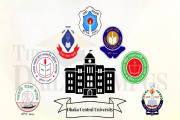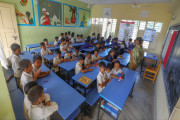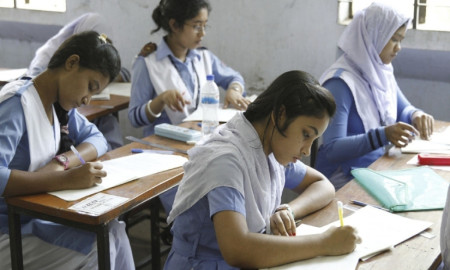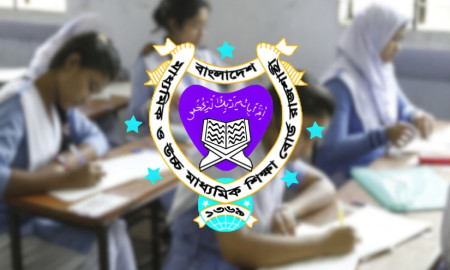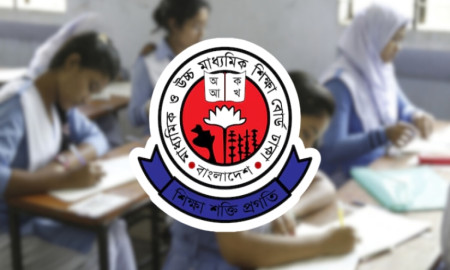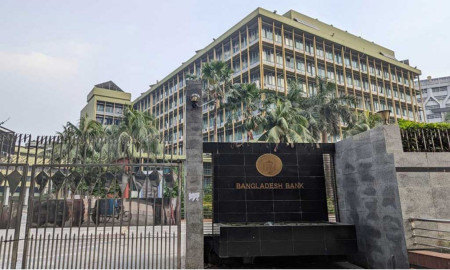JnUCSU Election Delayed Due to Lack of Provisions in Jagannath University Act
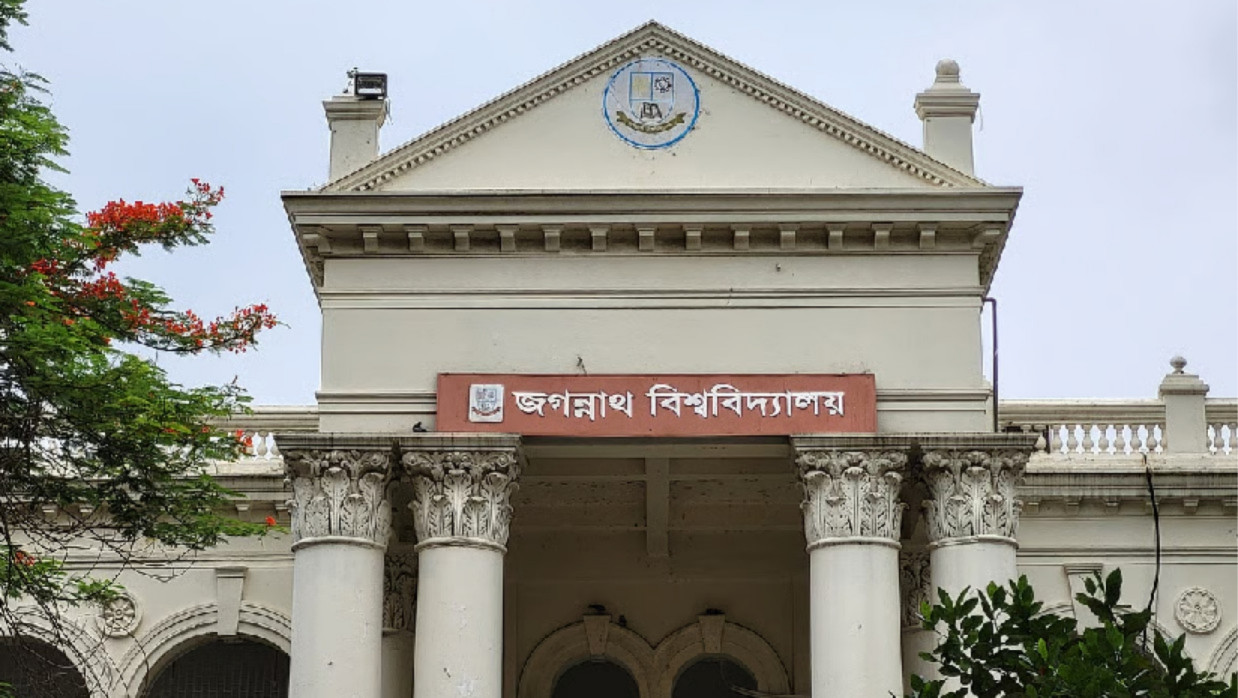
Despite longstanding demands, the Jagannath University Central Student Union (JnUCSU) election remains stalled due to the absence of specific provisions in the Jagannath University Act of 2005. Although a draft policy has been prepared, it awaits final approval through a presidential ordinance, hindering progress toward organizing the election, according to Vice-Chancellor Professor Dr. Rezaul Karim.
University sources confirm that the 2005 Jagannath University Act lacks any clause addressing a student union, preventing JnUCSU elections since the university’s establishment. At the 99th Syndicate meeting this year, a draft policy was presented for the first time. Following the syndicate’s directive, a five-member committee, chaired by Treasurer Professor Dr. Sabrina Sharmin, was formed and has completed the draft. The policy sets a maximum age limit of 28 for candidates, restricting eligibility to regular honors and master’s students, while excluding those with prolonged academic gaps or enrolled in MPhil or PhD programs.
Professor Dr. Md. Tajammul Haque, the university’s Proctor, believes the election is entirely feasible, stating, “If it’s not in the law, it can be done through regulations. The administration is making every effort. The student-related committee prepared the policy in a short time. Questions should be directed to those where the process is stalled. If the regulations are finalized, the election can be held around the same time as other universities. I know of no reason why it’s impossible.”
Student organizations have expressed frustration over the lack of visible progress and delays in final approval. Ivan Tahseeb, convener of Jagannath University Student Front, demanded swift action, saying, “Merely preparing a draft isn’t enough. It must be revised based on student organizations’ input and quickly incorporated into the law.” Md. Riazul Islam, president of Islami Chhatra Shibir’s Jagannath University branch, emphasized the urgency, stating, “The student union is the heart of students’ demands. Islami Chhatra Shibir remains uncompromising in the struggle for students’ rights. We will stay on the field until JnUCSU is realized, inshallah. If anyone mistakes our flexibility for weakness, it reflects their shortsightedness.”
Criticism has intensified, with students labeling the administration ineffective. Kishore Samya, a student and central joint general secretary of Bangladesh Democratic Student Council, and Ashiqur Rahman Akash, general secretary of Bangladesh Islami Chhatra Andolan’s Jagannath University branch, demanded the administration’s resignation in Facebook posts. Akash wrote, “I demand the resignation of this ineffective, failed Jagannath University administration. This administration is not for students.”
Professor Dr. Sabrina Sharmin, Treasurer and convener of the JnUCSU committee, explained the legal hurdles: “Our university act has no provisions for student union elections or processes. Something not in the law requires new legislation, but there are many limitations. A committee was formed under my leadership, as directed by the syndicate, tasked with drafting the policy in Bangla. We translated the existing English draft, submitted it for syndicate approval, and faced legal observations from members. A high-level committee, including UGC and university administration members, was then formed to address this.”
When asked about a timeline for announcing the election date, Sharmin said, “I cannot comment on this. The law must be enacted first. Without it, neither the election nor its processes are possible.”
Vice-Chancellor Professor Dr. Rezaul Karim elaborated, “Universities that have announced student union election dates have provisions in their acts, enabling them to proceed. If we had such a provision, I believe we could have organized JnUCSU elections before others. We are stuck solely because the university act lacks a JnUCSU clause. Since the national parliament is currently non-functional, there is no opportunity to amend the university act. Nevertheless, we passed a JnUCSU policy in a special syndicate meeting, and following a suggestion to incorporate student input, a committee chaired by UGC and syndicate member Professor Tanjimuddin Khan was formed. Once their report is received, the policy will be sent to the ministry. Only when JnUCSU is incorporated into the university act as a regulation can we proceed with the election.”
The delay has fueled demands from active student organizations for a clear election roadmap and immediate action to initiate the process, reflecting growing unrest over the administration’s slow progress.

